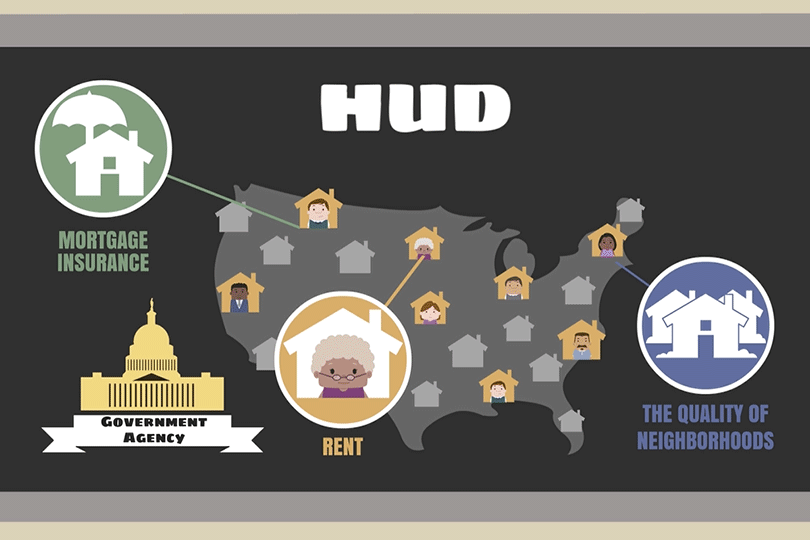Fair Housing Act Laws and Housing Discrimination: Know Your Rights!

Many violations of Fair Housing Act laws occur because the discrimination was brought on the basis of familial status, national origin, or religion in rental or purchase transactions. Landlords, home sellers, and mortgage lenders are all bound by Fair Housing Act requirements.
And so are most others at every stage of the housing process no matter if rent or mortgage payments are involved.
Your neighborhood may be 100% suburban houses, or you may live in a city where mixed use properties are common. No matter what the property type or the location of the American home you want, Fair Housing Laws apply. Renters or buyers of single-family houses, duplexes, and apartment towers should all provide the same equal access.
Sometimes Fair Housing violations occur because the housing provider simply refused to consider a request for a reasonable accommodation under Fair Housing Laws.
One good example? A September 2021 press release found on the Department of Housing and Urban Development's official site announcing charges against The Links South at Harbour Village Condominium Association, in Ponce Inlet, Florida.
The condo owner's association is charged with denying a condo unit owner a reasonable accommodation due to respiratory medical issues. What was the reasonable accommodation the condo owner's association refused to allow?
According to the press release, "a couple asked to be able to keep their shoes outside their unit in order to limit exposure to outdoor allergens, chemicals or pollutants inside their home" due to severe respiratory issues.
The HUD press release states, "the couple provided medical documentation from the husband’s physician advising of the need to keep their home free from outdoor allergens, chemicals, or pollutants." But the condo owner's association "refused to grant the couple’s accommodation request". HUD says the company simply kept demanding more information.
The Fair Housing Act forbid such refusal to make reasonable accommodations in rules, policies, practices or services for rental of a dwelling or purchase of one. Fair Housing laws require them when they are needed and requested "to afford a person with disabilities an equal opportunity to use and enjoy a dwelling" according to HUD.gov.
In the same way, you cannot be denied housing for your gender identity, or due to a handicap, you cannot be denied a reasonable request for accommodation.
Compliance with Fair Housing laws is mandatory for most housing providers; reasonable modifications of existing policy are part of those requirements. If you have experienced discriminatory housing practices at any stage of the process, see the end of this article for information on how to report it.
“It is critically important that individuals with disabilities be granted the reasonable accommodations they need to use and enjoy the place they call home,” said Jeanine Worden, HUD’s Acting Assistant Secretary for Fair Housing and Equal Opportunity, who was quoted in the press release.
Worden adds, “When a person with a disability requests a reasonable accommodation, a small exception or modification to a housing provider’s rules can make a big difference in the health and well-being of an individual with a disability.”
This case is to come before a United States Administrative Law Judge and after the case has been heard the judge may award damages if warranted. Enforcement proceedings may include issuing civil penalties "in order to vindicate the public interest".
If you have experienced discrimination in rental, mortgage lending, or in the provision of services should file a complaint with the HUD Office of Fair Housing and Equal Opportunity at (800) 669-9777 (voice) or (800) 877-8339 (Relay). You can file a complaint online at to hud.gov/fairhousing.
------------------------------
RELATED VIDEOS:
Show Them You're Serious By Depositing Earnest Money
Homebuyers Benefit From the Work Done by Freddie Mac
Your Second Mortgage Is a Home Equity Loan

Do you know what's on your credit report?
Learn what your score means.







